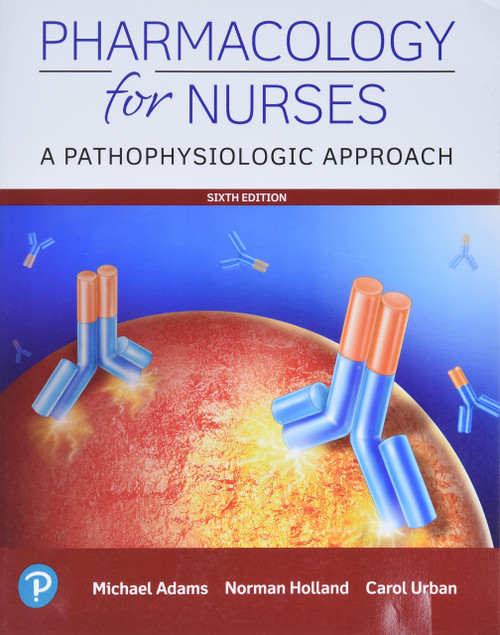Pathophysiological Phenomena in Nursing: Human Responses to Illness synthesizes the latest knowledge and understanding about human responses to a range of significant biological processes, symptoms, and clinical manifestations of illness. This advanced text provides a basis for developing or examining the current knowledge and evidence base for nursing practice in these important areas across the age and health-illness continuums. Five biological life processes form the book's broad organizational structure Regulation, Cognition, Sensation, Protection, and Motion. Examination of each of the 21 phenomena covered within the sections includes definition, prevalence, populations at risk, risk factors (environmental, personal, and developmental), mechanisms, pathological consequences, related pathophysiological concepts, differential diagnosis, manifestations, surveillance, clinical management, conceptual model(s), case studies, selected research, and questions for future study.
- Uses a conceptual approach to examining and understanding 21 common clinical problems to help nurses focus on phenomena they encounter frequently across disease and illness categories and across settings.
- Focuses on human responses to illness in adult and older adult populations to assist the nurse to develop, test, implement and evaluate clinical therapies to prevent or alleviate these responses.
- Presents state-of-the-art, evidence-based knowledge related to each physiological phenomena to help nurses develop the knowledge base needed to deliver the most effective care possible.
- Offers a conceptual foundation for the study of human responses and clinical pathophysiological phenomena from which to teach and learn the science of nursing.
- Provides a baseline of conceptual, research-based information from which to design further investigations.
- Provides empirical support for nursing theory development and further research.
- Follows a consistent organization within each chapter to enable the reader to easily locate desired information.
- Includes case studies to link chapter content with real-world patient encounters.
- Addresses addiction in a separate chapter to accommodate expanded coverage of this topic.
- Introduces a new section, Cognition, featuring separate new chapters on dementia and acute confusion.










